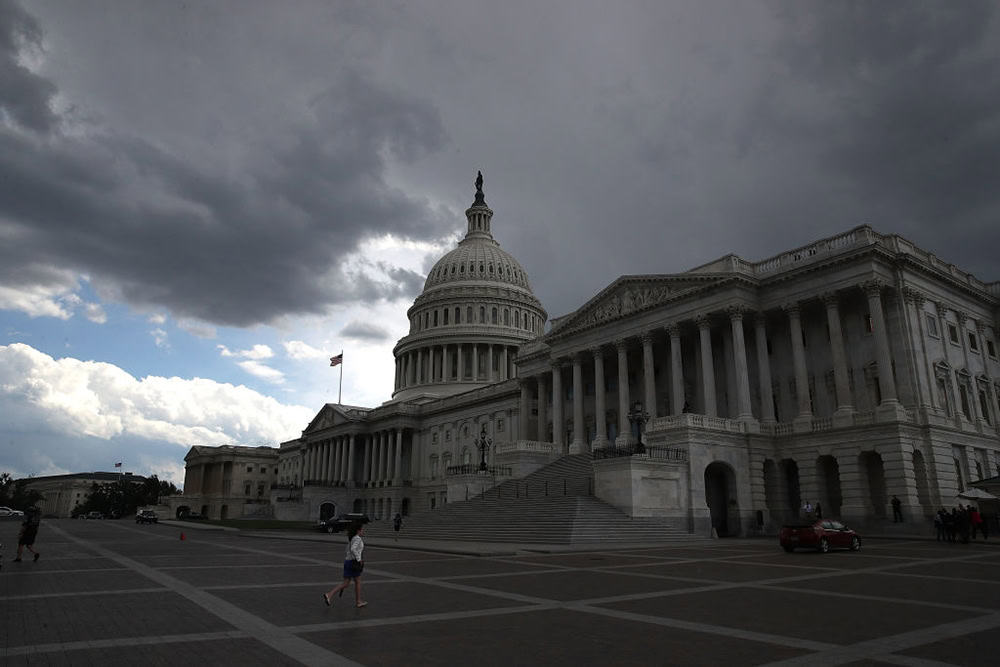Statement by Michael Peterson on the 2016 State of the Union Address

NEW YORK — Michael A. Peterson, President and CEO of the Peter G. Peterson Foundation, commented today prior to the President’s State of the Union Address:
“Tonight’s State of the Union Address represents an important opportunity for President Obama to discuss the nation’s fiscal challenges and solutions for putting the country on a better path. Even though current deficits have decreased, our long-term fiscal outlook is still dangerously unsustainable, which threatens our future economy. Our national debt must be included in any discussion of America’s long-term challenges.”
“The costly and unfunded budget legislation passed by Congress and signed by the President late last year was a step in the wrong direction, and America’s leaders should acknowledge and address our nation’s structural mismatch between revenues and spending. Interest alone on the national debt is projected to rise to $5.2 trillion over the next 10 years, and become the single largest federal program by 2040 — crowding out important investments in our nation’s future and hindering economic growth.
“The 2016 election season is a perfect time for a serious conversation about how to put our nation on a better long-term fiscal path. Voters are calling for their candidates to put forward a plan to stabilize our national debt, which will help secure a strong economy for the next generation.”
Under the CBO’s alternative fiscal scenario, interest costs on our national debt will become the third largest category in the federal budget by 2023, the second largest category in 2032, and the single largest category in 2040. This results in less available resources for investments that are vital to our economic growth. By 2050, interest costs are projected to be more than three times what the federal government has historically spent on R&D, nondefense infrastructure, and education, combined.
Further Reading
Where the American Healthcare System Underperforms
Healthcare in the United States is very expensive — but we don’t get what we pay for.
10 Largest Budget Functions
Here are the top ten spending categories for the federal budget.
The United States is Adding to the National Debt Faster Than Ever
The nation’s debt is growing at a historic rate and eclipsing all-time highs.


